Programme Type: Undergraduate
Course Overview
Using a range of marine organisms from the smallest microbes to the largest marine vertebrates, you'll learn how marine species and ecosystems function, consider why we see such diversity of life in our oceans, and learn how to conserve this. You'll tackle big questions like how are humans and climate change affecting marine biodiversity?
Using some of the best marine facilities in Europe alongside fieldwork in the marine and coastal habitats of Devon, France and South Africa, and the option of becoming an HSE diver, you'll gain arguably the best practical experience of any marine biology course. By the end of your degree, your wide range of skills and in-depth knowledge of marine biology will allow you to tackle the most pressing environmental challenges that marine systems are facing.
Key features
- We’re very proud of our National Student Survey (NSS) 2020 return including that 100% of student respondents said that staff made the subject interesting. Other feedback included 100% also agreeing that our staff are good at explaining things and that the course was intellectually stimulating. Overall, 95% were satisfied with the quality of the course*
- Add an exciting extra dimension to your marine studies by examining marine organisms and ecosystems in a truly global context. If you are interested in how marine and coastal habitats work, why they are so diverse and how best to conserve them, this is the course for you.
- Access the University’s research vessels based in the Plymouth Sound Special Area for Conservation and our Marine Station.
- Benefit from our reputation as an international centre for marine and environmental research. Our expert teaching staff are active researchers and enthusiastic specialists in their fields.
- Study marine life in the wild with access to the beautiful and varied Devon and Cornwall coastline. A recent World Wildlife Fund report highlighted the South Devon coast – which can be reached on foot from campus – as the area of highest marine biodiversity in the UK.
- Deepen your experience through practical field and laboratory work, linked to lectures – something regularly praised by our external examiners. Our specialist facilities include advanced molecular and behavioural laboratories, a seawater aquarium, environmentally controlled labs and a new bespoke marine station opening in 2014/15.
- Increase your knowledge and apply your skills in an international setting, with two residential field courses abroad (France and South Africa – one of the most biodiverse places on earth), giving you the chance to study organisms and ecosystems not found in the UK.
Entry Requirement
Academic Requirements:
UCAS tariff
120 - 144
A level applicants
120-144 points from a minimum of 3 A levels, including Biology and preferably further relevant Science subjects. Qualifying relevant science subjects are: Applied Science, Applied Marine Science, Chemistry, Environmental Science, Environmental Studies, Geography, Geology, Mathematics, Physics, and Psychology. General Studies is excluded. Points can include a relevant Extended Project (EPQ) but must include 3 A levels.
International Baccalaureate
30-36 overall, to include Higher Level Biology and preferably further relevant Science subjects. Qualifying relevant Science subjects are: Chemistry, Environmental Science, Geography, Geology, Mathematics, Physics and Psychology. English and Maths are accepted within as GCSE equivalent at Higher Level Grade 4 or Standard Level Grade 5.
BTEC RQF National Extended Diploma/ QCF Extended Diploma
A typical offer would be DDM, depending on the BTEC and units studied. Please include details of units in your UCAS application or contact Admissions for further advice.
BTEC National Diploma modules
If you hold a BTEC qualification it is vital that you provide our Admissions team with details of the exact modules you have studied as part of the BTEC. Without this information we may be unable to process your application quickly and you could experience significant delays in the progress of your application to study with us. Please explicitly state the full list of modules within your qualification at the time of application.
Access course
Pass an Access to HE Science course with 60 credits overall, to include 45 credits at Level 3, of which 30 credits must be at distinction and 15 credits at merit or higher. Must include a minimum 15 credits in biology units, plus 15 credits in other relevant subjects (includes mathematics, physics, chemistry, environmental science/studies, applied science, geography, geology, technology or psychology). An interview is usually required.
GCSE
All applicants must have GCSE (or equivalent) English and Mathematics at grade C / 4 or above.
International qualifications
We welcome applicants offering a wide range of international qualifications. Applications are considered on an individual basis, depending on the subjects studied.
Other qualifications
Applicants with other qualifications should contact the Admissions Office for advice.
English Language Requirements:
The following Secure English Language tests (SELTs) are Home Office (UKVI) approved and accepted by the University of Plymouth and the University of Plymouth International College (UPIC). The scores required have been increased from the UKVI minimum specified scores to meet University requirements.
- IELTS (Academic)
- Trinity College London ISE (only a SELT if taken in the UK)
- LanguageCert International ESOL
- Pearson PTE Academic
A SELT must be taken at an approved UKVI center.
The other tests and qualifications listed here have been deemed acceptable by the University of Plymouth and UPIC to meet our entry requirements and UKVI requirements for study at RQF 6 and above.
Please note that these tests and qualifications are not SELTs.
When studying on a pre-sessional course or course below RQF 6, a SELT is a mandatory requirement set by UKVI.
If studying at RQF 6 level and above, the University is permitted to accept other qualifications that we deem meet UKVI and our requirements.
Fees
Home Fee: £9250
International Fee: £14200
Part time (Home) Fee: £770
This information was accurate on : 27/04/2021
Please contact us for more information about this courses


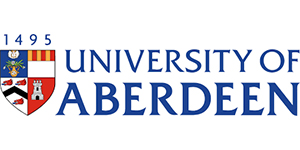
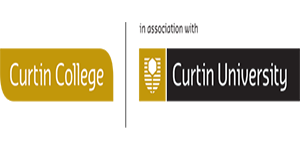


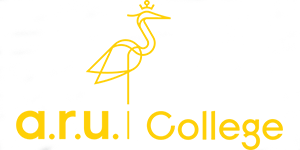





.jpg)










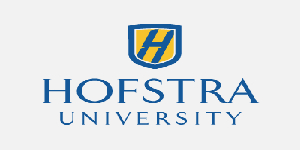



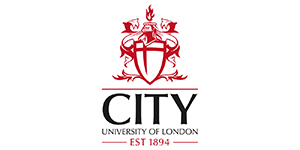











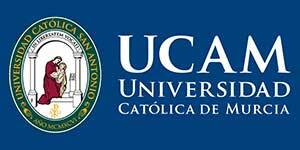

.jpg)




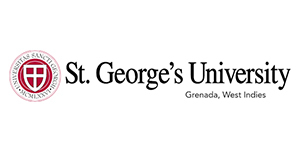





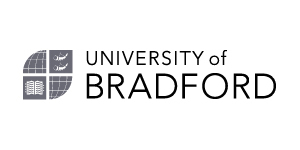



.jpg)



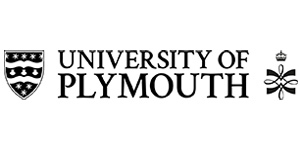

.jpg)


.jpg)
.jpg)






